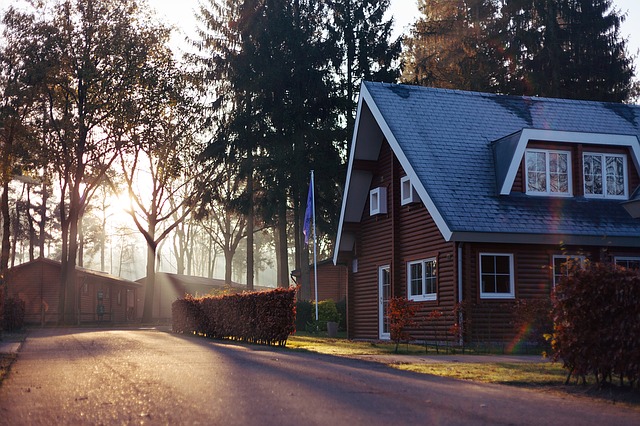When you own a home or property, keeping it safe and secure really counts. Encountering loses from destruction of property by disaster or theft can be overwhelmingly too much sometimes. This is where the insurance companies come in to have your worries fully covered leaving you with little to worry about incase of anything. Going for an insurance policy to safeguard your home and/ or property is the best you can do for those possessions you hold so dear.
Homeowners insurance protects your home, its contents, and, indirectly, your other assets in the event of fires, theft, accidents or other disasters. A standard policy will also protect your possessions from said disasters as well as theft. But a standard policy is not a blank check: there’s a limit to how much you’ll be compensated. If you have specific items of value, such as jewelry or artwork, you can pay a little extra each year to insure them for their full replacement value.
Your home-insurance policy should cover enough to entirely rebuild and furnish your home were it wiped off the map. Ask a home builder to walk through your home and give you an estimate of what it would take to rebuild; that figure should be the basis for how much replacement coverage you’ll need. Be sure to point out any unique and/or expensive details that would add to the replacement cost.
When it comes to protecting your possessions, you may want more coverage than your standard policy allows. If you have anything of exceptional value (a family heirloom, a piece of art, jewelry, etc.), you should insure it separately. Insurers will charge extra for this coverage (something like an extra $10 on your monthly premium per $1,000 of value insured), but it pays to be covered.
Sourced From: http://guides.wsj.com/personal-finance/insurance/how-to-insure-your-home/
As much as you may have to bestow the responsibility of confronting any possible risk on your insurer, you also have a role to play in ensuring that some of the risks that can haunt your home or property are alleviated where possible. Here are several measurers you may take to push these risks beyond the bounds of possibility.
Severe windstorm: Put away anything outdoors that could become a projectile in howling winds, such as a patio umbrella. Keep trees that are close to your home in good condition; remove diseased or dead limbs or trees.
Water heater and household appliances: Water damage accounts for billions of dollars in losses for homeowners and renters each year, according to the Insurance Information Institute. To prevent water damage, know the age of your water heater and how long the manufacturer expects it to last. Check for leaks or corrosion once a year. Leaks in water supply lines to a toilet, sink or dishwasher can also cause serious damage. Check them regularly as well. Know the location of your home’s main water shut-off valve.
Spring is a good time to conduct a home-maintenance check of your property. Some things to do to lessen your risk of expensive damage include:
Clean out your gutters.
Check for diseased or dead trees and branches.
Inspect heating and air conditioning equipment and any other home mechanical systems.
Check electrical outlets for fire hazards.
Also, review your home insurance policy annually to make sure you have the protection you need.
Sourced From: https://www.nerdwallet.com/blog/insurance/top-home-insurance-claims-travelers/
Not any insurance cover is as safe as it may be presumed that insurance is where safety emanates. It is advisable to be more careful when dealing with any insurer or on any insurance cover you are taking and what pertains. Taking caution on suspicious policies and possible pitfalls can savor you unnecessary costs or loses.
Check to see if your policy covers repairs at actual cash value (ACV) or at replacement cost. Replacement cost is usually much better. Case in point: If your roof was damaged and needs to be completely replaced, replacement cost will pay for it to be fully repaired less your deductible, while ACV will pay you what your roof was estimated to actually be worth at the time of the damage. The tradeoff is that ACV costs less than replacement cost coverage.
Finally, some property owners only want to insure a property for what they paid for it, which may bring into play a co-insurance clause. This is (depending on local laws) where the property is insured for less than say 80% of its current replacement cost. A lesser amount of coverage and the insurance company will require you to share in a percentage of the repairs above and beyond the deductible amount.
One last warning: some insurance companies provide seemingly unbelievable rates for their policies. If the company is unknown and its rates are exceptionally good, this should be a red flag for you. Check around for the company’s reputation, and don’t just take the salesman’s word for it. Have a look at the policy and see what they cover, and what they don’t. You may find only too late that what you thought was adequate coverage, was barely the legal minimum in your area. Seek quality coverage – remember, “cheap insurance can be very expensive.”
Sourced From: http://www.investopedia.com/articles/insurance/09/property-insurance.asp
